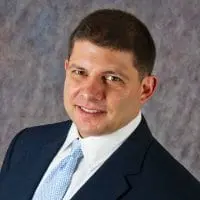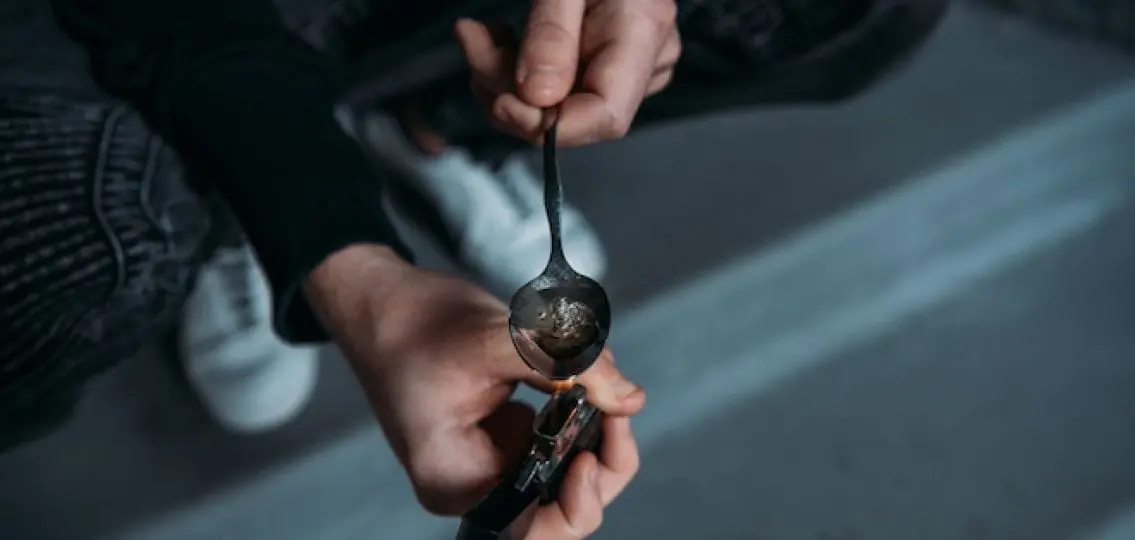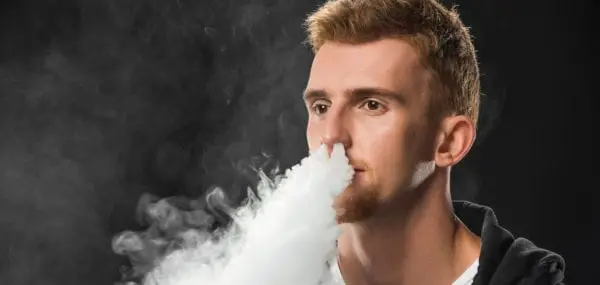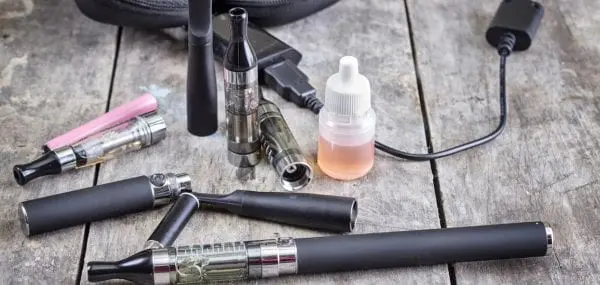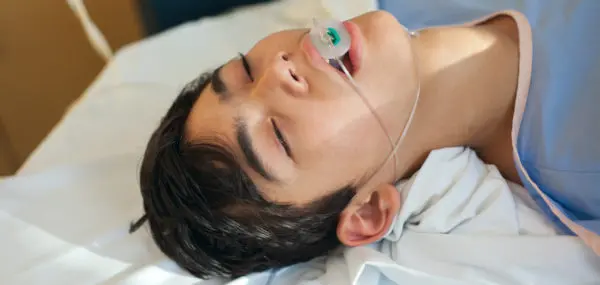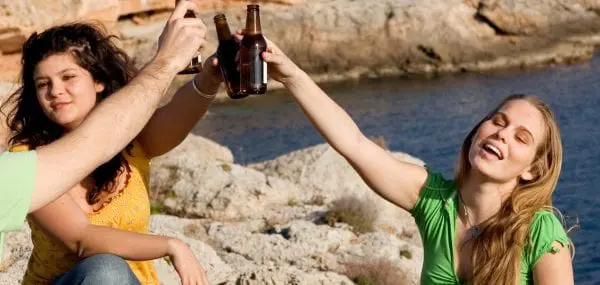Three Real Heroin Addiction Stories
Parent 1
By Gina M. Borrazzo
I am a parent of an addict, and I am no longer ashamed to say that. Through my son’s journey, I now see clearly that addiction is truly a disease, like any other disease.
Because addiction is associated with shame and a moral failing – of addicts and even their parents – it’s hard to bring awareness to the seriousness and pervasiveness of the problem. And many of us have a preconceived image of the stereotypical drug addict. But the new face of the heroin addict is the suburban, middle class, young adult.
From all accounts, my son should not be an addict. He comes from a stable, two-parent family; he went to a prestigious prep school where he excelled at academics and sports; and he attended a Division I university on scholarship to play lacrosse. Unfortunately, none of that mattered when he decided to try “perc 30” (30mg of oxycodone).
Opioid Use And Abuse Lead To Heroin
In his mind, the prescription pill would give him a high but he never thought it would lead to heroin and addiction. My son, like many other kids, didn’t know that perc 30 is synthetic heroin. He, like many others, didn’t know that he was prone to addiction and that taking this pill would set him on a destructive pathway of addiction that could result in death.
People ask me all the time, “What would you have done differently as a parent?” It’s not an easy question to answer. We perceivably did “all the right things.” We were involved, went to all his sporting events, had family dinners and talked about the dangers of drug use. On the other hand, we did discount certain behaviors as “typical” to teenage drug/alcohol experimentation.
Pot was the first issue. I’d heard that “everyone” smokes pot, and I knew that most of his friends were using. I did take him to a therapist, but even the therapist brushed it off as typical teenage behavior. I have since learned that smoking pot is a slippery slope for a child prone to addiction.
My son continued to use pot throughout high school, but his drug addiction didn’t manifest itself until after his first semester at college. He had an injury during that semester and was prescribed opioids for pain management. The next thing we knew, he had to withdraw from school and enter his first of many rehabs. From that point until now, it’s been a struggle for our entire family.
The Devastation of Addiction
The devastation that addiction unleashes on a family is indescribable, and in hindsight, I’m not sure that we ever really explained the dangers of prescription medication to our son. We talked about the dangers of illicit drugs, but we were naïve to how a pharmaceutical—Adderall, Vicodin, Percocet—could lead to heroin.
I wish I had known about the dangers of prescription drugs. I urge parents to start by asking questions. Does my child really need this medication? How can I safely administer the medication? How can I secure it so that my kids can’t access it when I’m not around? Most kids who abuse Adderall aren’t prescribed it, so they are most likely getting it from someone who is. We really need to lock up our medications.
And then, if you think your child has an issue, get help as soon as you can. Don’t be ashamed. There are many resources out there. Don’t be afraid to enlist your school, police department or child’s doctor. And, don’t ignore it. Overdoses are now the leading cause of accidental deaths among our young people. It’s preventable, but we need to take the necessary steps to enlist professional help and educate ourselves. No one wants to believe that addiction can happen to their child. It shouldn’t. But, the sad reality is that it does. Everyday.
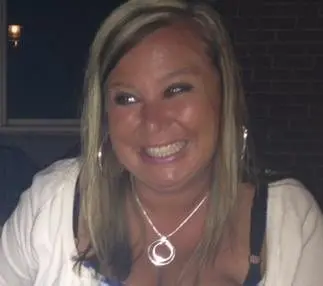
Parent 2
By Tracey Helton
As a teenager, my future was laid out to me as one full of promise. I was an honors student and preparing to attend college. Until one event changed my life forever.
I was considered a nerdy child. I much preferred books to socializing with friends. I’d never even been grounded before the age of seventeen, the same age at which I was prescribed an opiate after wisdom teeth surgery.
While I had experimented with alcohol and marijuana, I was unprepared for the impact of the drug. I felt relieved of all my burdens. I had been struggling with pressures from school, with my weight and with self-esteem; and I couldn’t express my feelings. But the opiates made me feel like my troubles had slipped away. This was my first chemical vacation. I was not sure how I would get these drugs again. But I knew that I wanted to replay the experience.
I never imagined that I would try heroin, let alone end up an addict. I grew up in the “Just Say No” generation. We were given little in the way of accurate information about drugs, so I learned from friends. I had seen heroin and other pills in the movies. The users seemed beautiful, thin and glamorous—all the things I hoped to be as an awkward young woman.
Dangers Of Opioid Use
I found my first unprescribed opiates from pill bottles that a friend’s parent had left lying around after surgery. We were unsure what the drugs did; we were just looking for bottles with the warning, “May Cause Drowsiness.” I felt so insulated from danger that I couldn’t ever fathom becoming a teen addict. In fact, the first time I experienced serious withdrawal, I was completely unaware of what was happening to me.
I came to California on spring break to visit a friend from high school and never left. The drugs were readily available, and my addiction spiraled out of control without the support of my family and friends. I ended up a homeless junkie in the streets of the Tenderloin District of San Francisco, as chronicled in the movie, Black Tar Heroin; The Dark End Of the Street. I agreed to allow myself to be filmed for the documentary as a cautionary tale for other young people. I thought the film would live on long after I had died and viewers would see that heroin was not as glamorous as I had imagined.
The last day I used was February 26, 1998. I have rebuilt my life. I have a beautiful family with small children of my own. I’m an involved parent and hope to guide my children into healthy choices. I struggle with what I will tell them about my addiction. I hope by being open with them, they will learn from my experiences.
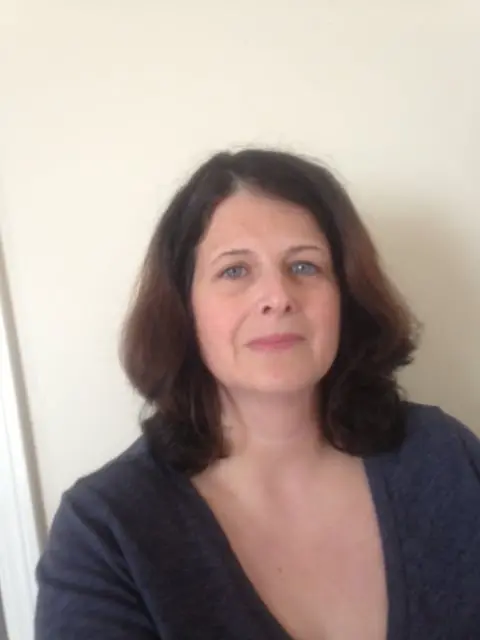
Parent 3
By Rob Brandt
How do you describe hell in 600 words?
Our son, Robby, was a regular kid; every day was about fun and finding the next exciting thing to do. Then, every day became about getting that drug – the monster known as H.
Robby’s addiction started right before his sophomore year in high school. After having his wisdom teeth removed, he was prescribed pain medication. We had him off the pills in two days, but his brain was turned on, and we did not see the little signs.
We didn’t know pills were as easy to get in school as pot, and his addiction took flight because of it. He battled the disease through high school and his first year of college, carefully hiding the addiction from us and lost in a struggle against a disease that was bigger than him. After one year of college, he chose to follow his dream and attempt to escape the environment that continually pulled him back into the addiction. He became a proud member of the Ohio National Guard in the summer of 2010.
Living with an Addict
Clean and sober, he went off to training. Then, he returned home in March of 2011 and connected with an “old friend” with whom he used to buy pills. That “friend” introduced him to a new, cheaper drug called heroin. Robby was hooked.
By the end of March, we uncovered his addiction. Our heads spun with questions, confusion and fear. It was unchartered waters for our family, and we quickly learned the chaos of living with an addict.
Driven by the addiction, Robby lied, stole and manipulated everyone to get the drug his body so desperately craved. The drug is the devil, and its grip drove desperate acts, while its sinister nature eroded his body and stole his spirit. He battled his addiction, and we battled anger, guilt and fear. How did we let this happen?
In one breath, we told him it would be okay; we would beat this together. But at the same time, we contemplated putting our son out on the streets. We awoke each day in the same way we went to bed – exhausted and crippled by the realization that we could not save his life.
Heroin Abuse, And Abuse Recovery
He entered rehab, and eight weeks later, victory was ours. He emerged clean and healthy, vowing never to do drugs again and offering strength and support to others in his group. God graced us with a gift that we will never forget—time with our son, the son we knew.
But, heroin never goes away, and while we knew recovery could include relapse, we did not expect it such a short time later. A second trip to rehab was followed by a battle for sobriety. The struggle was physical, mental and exhausting for all. But hope remained, and Robby learned that if he remained sober, he could deploy to Afghanistan with his unit. He started the transformation and won the fight each day for 110 days. Then, on October 21, 2011, we answered the phone call to hear the words that no parent should ever hear: “I’m sorry to have to tell you…”
We’d lost our son. The next day, we planned a funeral, and a few short days later, said goodbye for the very last time. Each day since, we live the loss, the pain and the guilt of not being able to save our son’s life.
